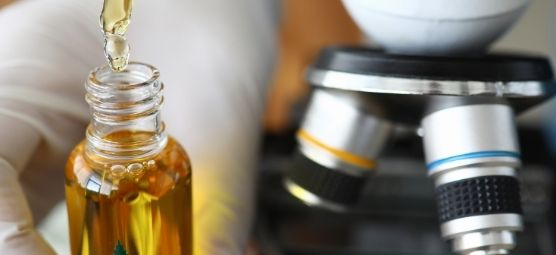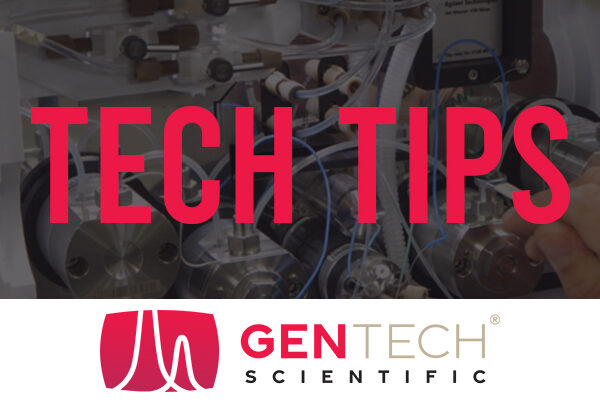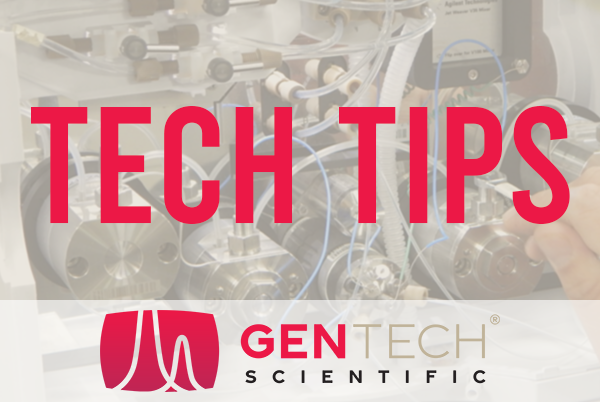Cannabis has become legal in many but not all states. In the states where it is legal, local legislation requires product testing and labeling before it can be sold to the public. Cannabis is tested for factors such as potency, contaminants, toxins, and more. Here’s the different equipment you need for cannabis testing in the lab and why.
Cannabis Analyzer for Testing Potency
Potency is a big test for cannabis. Testers need to assess the potency of the cannabis and provide that information on the label. Amongst cannabis lab equipment, cannabis analyzers are indispensable. They come in assorted styles, but they test potency levels by detecting and providing a profile of the cannabinoids, tetrahydrocannabinol, terpenes, and so forth present in the product. This measurement can be achieved through subjecting the test subject to liquid chromatography. Potency is tested because consumers need to know that the product is safe to consume in a certain dosage, as well as its strength and potential effects.
LCMS and GCMS Instruments To Detect Pesticides
Pesticides are useful for getting rid of insects and other creatures that can damage crops, but they can also leave harmful residues. To ensure that cannabis products contain no toxic pesticides, lab workers can employ liquid chromatography mass spectrometry (LCMS) and gas chromatography mass spectrometry (GCMS) devices to detect the presence of pesticides.
Testing for Fungi and Mildew
In considering the different equipment you need for cannabis testing, the importance of having a device that measures the presence of fungi and harmful microbes can’t be overstated. Like any organic matter, cannabis can host various harmful organisms and microorganisms, inducing mild allergic reactions, or worse. This is another instance where LCMS measuring equipment is required to identify strains and report on the presence and concentration of fungi.
Solvent Testing
For some cannabis products, solvents are used to remove the CBD and terpene compounds from the plant, converting them into potent concentrates like wax, oil, rosin, and shatter. These items are currently quite popular, but that is all the more reason to ensure the hazardous chemicals used to produce them are not present from the final product. Solvents that turn up in concentrates include acetone, butane, ethanol, hexane, among other harmful chemicals. Residual solvent tests use GCMS to detect trace amounts of any remaining solvents.
Naturally, a well-equipped laboratory requires more than just this equipment for proper testing of cannabis products. As it stands, these are the ones no lab can go without, and will help ensure compliance with state laws and requirements.





